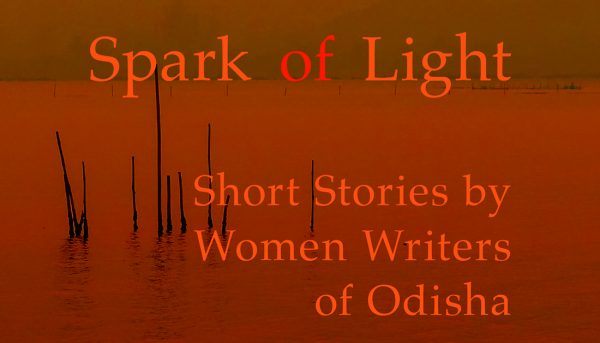Hi there. Pleased to meet you. I’m new around here, so I’d like to introduce myself. My name is Virginia, and I’m completing a six-week internship with AU Press as part of my coursework for a degree in professional communications. You can expect to see my name attached to several blog posts throughout the remaining weeks of summer. (I promise I’ll keep them interesting.)
As I enter the final year of my program, the question inevitably arises: What am I going to do when I graduate? I regularly turn several options over in my mind, chief among them freelance editorial work, book publishing, and government communications. My current program will prepare me for all three, but I’ve discovered I’m particularly fond of editing.
In addition to my current program, I’ve toted around an adoration for qualitative research methods and creative nonfiction since graduating with my first degree, which was in sociology and creative writing. When I was selecting my internship, scholarly publishing was an obvious fit, blending as it does academic research and the creative process of refining text.
As I understand it, scholarly presses achieve two aims with their work: facilitating knowledge sharing and connections within academic communities, and making academic knowledge available to the broader community. Both approaches flow from the premise that universities are sites of knowledge production.
Those of us who are fans of knowledge might be drawn to careers in learning, researching, teaching, or publishing. I try to keep in mind that the complement to the personal pleasure or validation I privately receive from working with knowledge is the public utility new knowledge promises. Knowledge is the driver of technological advance and cultural revolution. Knowledge can change the world – if we let it.
As with any endeavour, the products of academic labour tend to remain invisible until they’re communicated. And here’s where scholarly presses come in. If scholarly work is meant to improve society, then society needs to be able to use that work. And to use it, the work needs to be accessible.
This understanding forms the basis for open access publishing, a practice at the heart of AU Press’s mandate. I was aware of open access publishing but not intimately familiar with it before beginning my internship. Open access agrees with my own insatiable drive for knowledge, as well as my penchant for social justice. Open access allows those who want to better understand some sliver of the world to find relevant information and then spread it around. Perhaps most importantly, open access levels the playing field between those with privileged access to cutting edge research, and those who may not even know this research exists.
I’m a little concerned by my affection for scholarly publishing. It seems to be a challenging field to find work in considering the small size of most academic presses, the specialized nature of working with peer reviewed texts, and the challenges facing print publishing as a whole. I have a lot left to learn about the industry, but I am pleased to have the opportunity to dip my toes in with AU Press.


